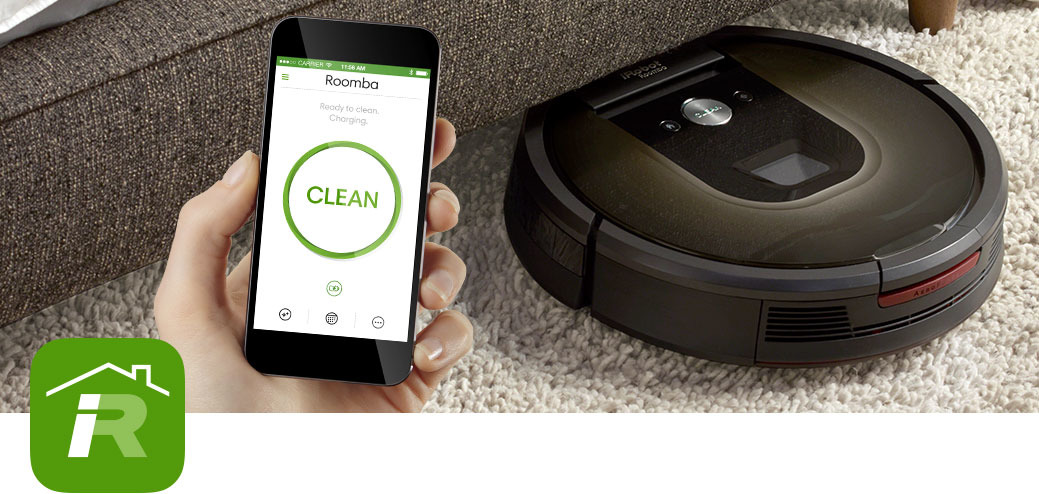Home automation company iRobot is looking at mapping user's houses with permission using newer version of the Roomba, and selling that data to Apple, Amazon, and Google.
According to a report on Monday by Reuters, the new Roomba will measure the dimensions of a room, as well as furniture orientation, size of the devices, and where they are located in the room. This will be accomplished by simultaneous localization and mapping (SLAM) technology implemented in the 2015 revision of the technology.
The 900-series Roomba added a camera, a new sensor suite, and new software to accomplish the task. This gives the vacuum cleaner the ability to stop vacuuming and recharge, then resume the job at the same spot — but also the room mapping ability as well.
Cornell University robotics Professor Guy Hoffman told Reuters that regularly updated maps could allow hardware manufacturers to tailor acoustics in products like the HomePod, alter ventilation airflow for optimal environment on a room-to-room and hour-to-hour basis, and smart lighting could adjust according to time of day and position of fixture.
The data could be of interest to Apple, Amazon, and Google to use the data in their software and services, or to suggest a new home automation product to fill a service gap. None of the companies named commented on the report.
Any data collation and sale induces concerns about privacy issues. However, iRobot CEO Colin Angle said that the company would not sell the data without permission — but believes that customers would give consent willingly in order to use the SLAM technology embedded in the cleaners.
"There's an entire ecosystem of things and services that the smart home can deliver," said Angle. "Once you have a rich map of the home that the user has allowed to be shared."
The original Roomba was introduced in September 2002. There have been seven generations of Roomba units since launch, with only the latest generation sporting the SLAM technology that can feed detailed cleaning maps through the supporting app.
 Mike Wuerthele
Mike Wuerthele








 Charles Martin
Charles Martin
 Christine McKee
Christine McKee
 Wesley Hilliard
Wesley Hilliard
 Malcolm Owen
Malcolm Owen
 Andrew Orr
Andrew Orr
 William Gallagher
William Gallagher
 Sponsored Content
Sponsored Content








44 Comments
Wonder if they will sell the data even without the owner's permission. I have a feeling they will.
Got a good question, why would the Roomba need access to the Internet? It's really not needed.
What could possibly go wrong?
I'm tentatively hesitant on stuff like this. I trust Apple to keep my stuff private, but these 3rd-party companies will sell people's souls if given the opportunity. I suppose they would like it so that people can monitor the status of their house cleaning. Nonetheless, I'm wary of these internet-connected vacuum cleaners.